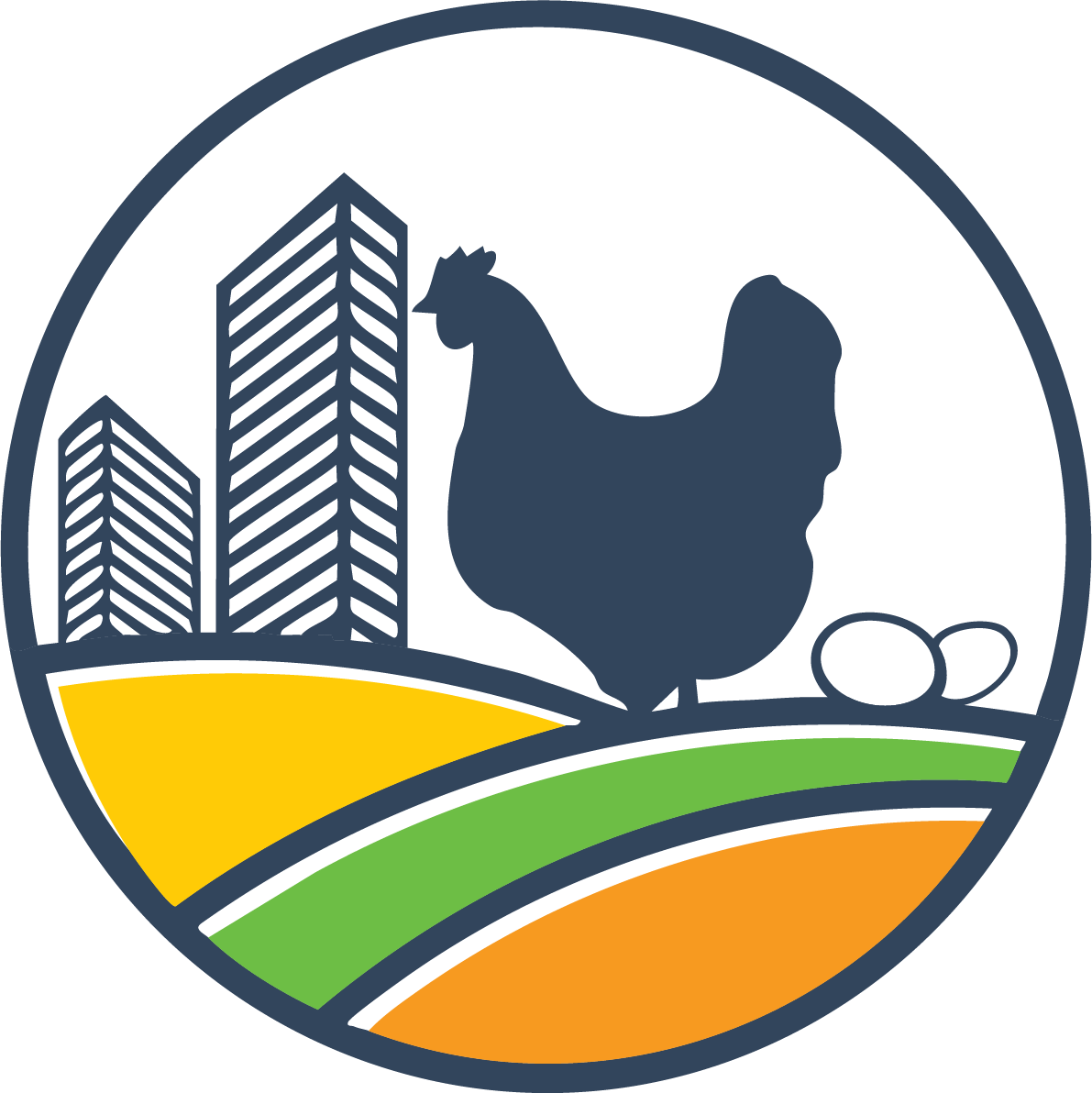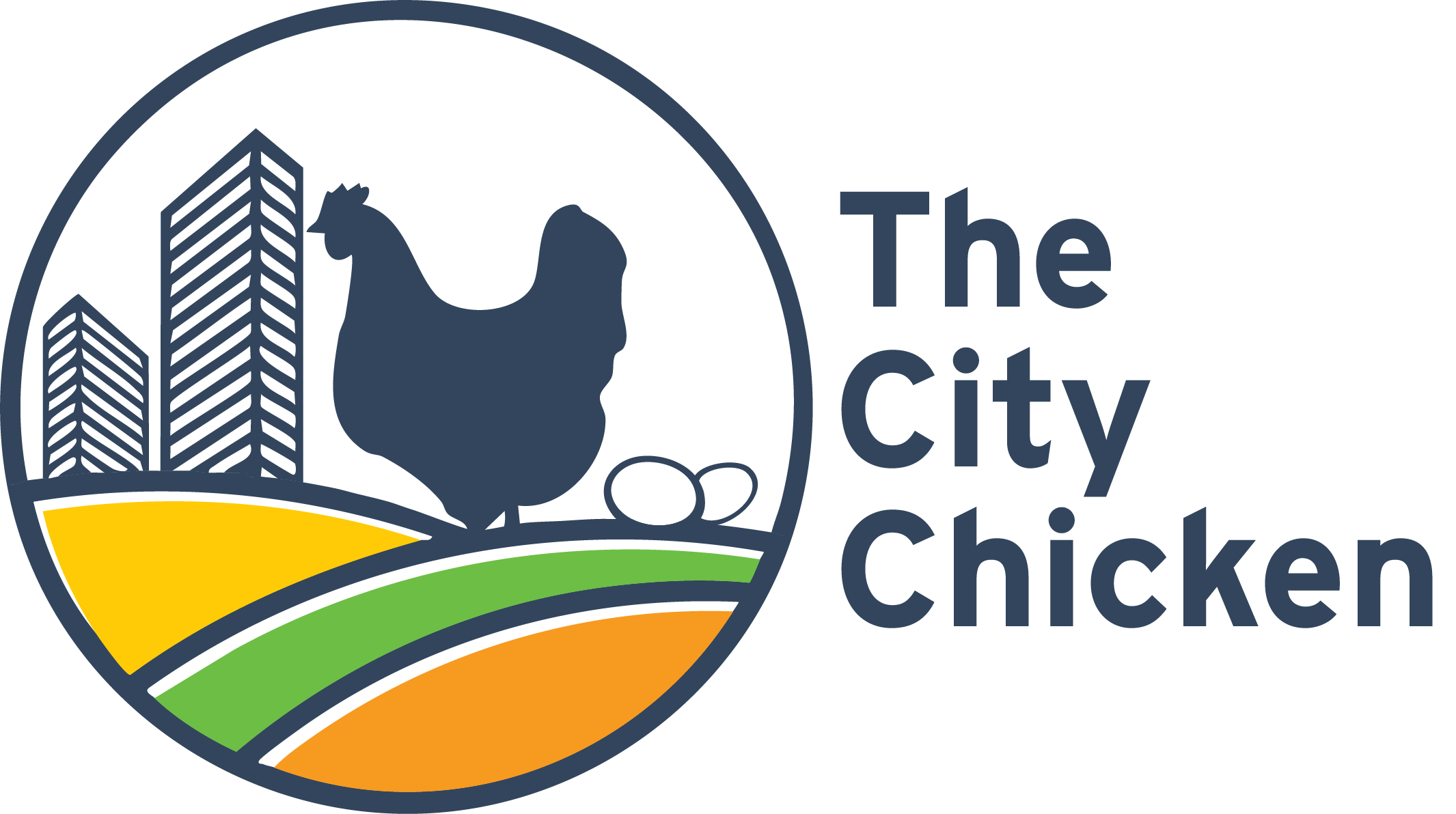Can Chickens Eat Walnuts?

Have you ever wondered if chickens can eat walnuts?
Well, the answer is yes! Chickens can safely enjoy walnuts as part of their diet. However, there are a few things you need to keep in mind. The walnuts must be unseasoned, unsalted, and fresh for chickens to consume them without any issues. So, if you have a walnut tree in your backyard or a surplus of walnuts, you might be wondering if you can share them with your feathered friends. Let’s explore the topic further and find out how walnuts can benefit chickens and what precautions you need to take.
Walnuts, whether they are English or black walnuts, can provide chickens with a great source of protein, fats, and essential nutrients. They can be a healthy addition to their diet, but it’s important to introduce them slowly and in moderation. Just like with any new food, it’s best to observe how your chickens react to walnuts and ensure they don’t have any adverse reactions. In this article, we will delve into the details of feeding walnuts to chickens, including the benefits they offer and any potential risks you should be aware of.
So, if you’re curious about whether your chickens can enjoy walnuts and want to learn more about how to incorporate them into their diet, keep reading! We’ll provide you with all the information you need to know to ensure your chickens have a healthy and varied diet, including what other nuts they can eat and what foods to avoid. Let’s dive into the world of chickens and walnuts!
Understanding the Dietary Needs of Chickens
Chickens’ Dietary Needs
When it comes to the dietary needs of chickens, it’s important to provide them with a balanced and nutritious diet. Chickens require a combination of protein, carbohydrates, fats, vitamins, and minerals to stay healthy and thrive. Their diet should consist of a variety of foods, including grains, vegetables, fruits, and protein sources.
Protein
Protein is an essential component of a chicken’s diet as it helps with muscle development, egg production, and overall growth. Good sources of protein for chickens include insects, worms, legumes, and seeds.
Carbohydrates
Carbohydrates provide energy for chickens and can be found in grains like corn, wheat, and oats. It’s important to provide chickens with a balanced amount of carbohydrates to support their daily activities.
Fats
Fats are a concentrated source of energy for chickens and help with feather production and insulation. Good sources of fats for chickens include vegetable oils and animal fats.
Vitamins and Minerals
Chickens require a variety of vitamins and minerals for optimal health. These can be obtained through a well-rounded diet that includes fruits, vegetables, and supplements if necessary.
Water
In addition to a balanced diet, chickens need access to clean and fresh water at all times. Water is essential for digestion, temperature regulation, and overall hydration.
It’s important to remember that while chickens can eat a variety of foods, certain items should be avoided. These include toxic plants, spoiled or moldy food, and foods high in salt or seasoning. Additionally, introducing new foods to chickens should be done gradually to avoid digestive upset.
The Impact of Walnuts on Chicken Health
Nutritional Benefits of Walnuts for Chickens
Walnuts can be a nutritious addition to a chicken’s diet. They are rich in protein, healthy fats, and essential nutrients that can promote overall chicken health. The protein content in walnuts can help support muscle development and growth in chickens. Additionally, the healthy fats found in walnuts can provide a good source of energy for chickens, especially during colder months when they need extra fuel to stay warm.
Improving Egg Quality
Feeding chickens walnuts can also have a positive impact on the quality of their eggs. The high levels of omega-3 fatty acids in walnuts can enhance the nutritional profile of the eggs, making them more nutritious for consumers. These fatty acids are known to have various health benefits, including promoting heart health and reducing inflammation.
Boosting Immune System
Walnuts are a good source of antioxidants, which can help boost the immune system of chickens. Antioxidants play a crucial role in protecting the body against oxidative stress and preventing cell damage. By including walnuts in their diet, chickens can potentially have a stronger immune response, leading to better overall health and disease resistance.
Considerations for Feeding Walnuts to Chickens
While walnuts can be beneficial for chickens, it’s important to introduce them slowly and in moderation. Too many walnuts can lead to an imbalance in the chicken’s diet, as they should still primarily consume a balanced feed. Additionally, make sure the walnuts are fresh, unseasoned, and unsalted. Avoid feeding them walnut shells or any moldy walnuts, as these can pose a health risk to the chickens.
Conclusion
In conclusion, chickens can safely eat walnuts as long as they are unseasoned, unsalted, and fresh. Walnuts provide a good source of protein and other essential nutrients for chickens. However, it is important to introduce walnuts slowly and avoid feeding them shells or moldy walnuts. Overall, walnuts can be a healthy addition to a chicken’s diet.








